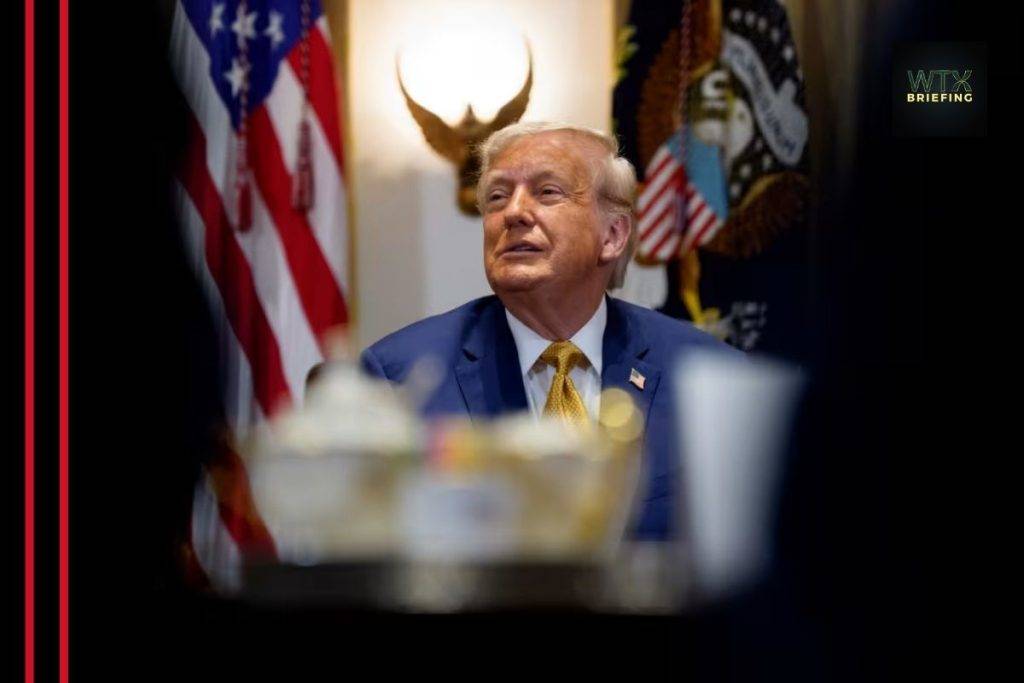Trump imposes steep tariffs on Brunei, Moldova, Libya and others, with Brazil hit hardest
President Trump has issued new tariff letters, announcing duties effective 1 August on exports from seven smaller nations, Brunei (25%), Moldova (25%), the Philippines (20%), Algeria (30%), Iraq (30%), Libya (30%), and Sri Lanka (30%), despite their relatively small trade volumes with the U.S. Additionally, Brazil faces a 50% tariff, justified by Trump as retaliation for its legal treatment of former President Bolsonaro and digital regulations he deems hostile. These moves follow his earlier “Liberation Day” tariffs and a delayed 90‑day implementation window.
While Trump insists these tariffs reflect “common sense” and reciprocity, analysts criticise the approach as ad hoc and likely to raise U.S. import prices. With trade gaps largely with larger economies like China, Japan and South Korea, targeting small nations raises questions about coherence and global economic impact. The Fed is reportedly cautious, closely monitoring market reaction.
Implementation details:
• Tariffs start 1 August after a three‑week extension.
• Letters set baseline and country-specific duties; rates may adjust depending on negotiations.
• Brazil’s 50% tariff stems from political tensions rather than trade deficits.
🔁 Reactions:
- People’s Daily (China) labelled the tariffs “bullying” and warned of tough retaliation.
- Marco Rubio is touring Asia to calm allies worried the tariff push could undercut US–ASEAN ties.
- Phil Luck (CSIS): > “It’s unclear how three more weeks’ delay changes that dynamic. It appears ad hoc.”
📰 Media Bias & Framing:
- Washington Post/Reuters/AP report the full rollout and timing, emphasising scale and evolving targets. (Time)
- Time/Politico perceive the strategy as unilateral and disruptive, noting market confusion and diplomatic ripple effects.
- WSJ/ET provide concise tariff breakdowns with early investor caution on inflation and supply chain risks.
📊 Sentiment: Negative–neutral. The tariff blitz signals Trump’s aggressive trade posture, but its haphazard targeting of small economies raises worries over inflation, diplomatic strain and strategic coherence in U.S. trade policy.


